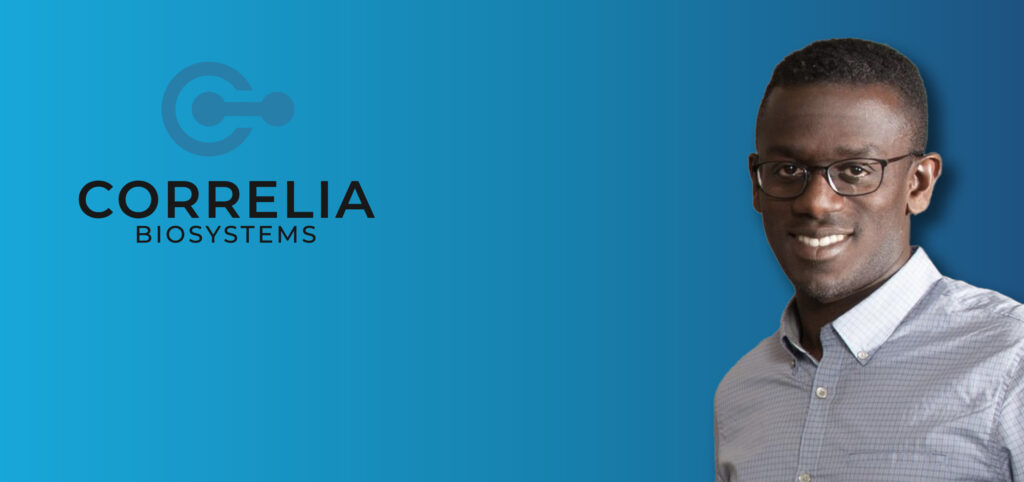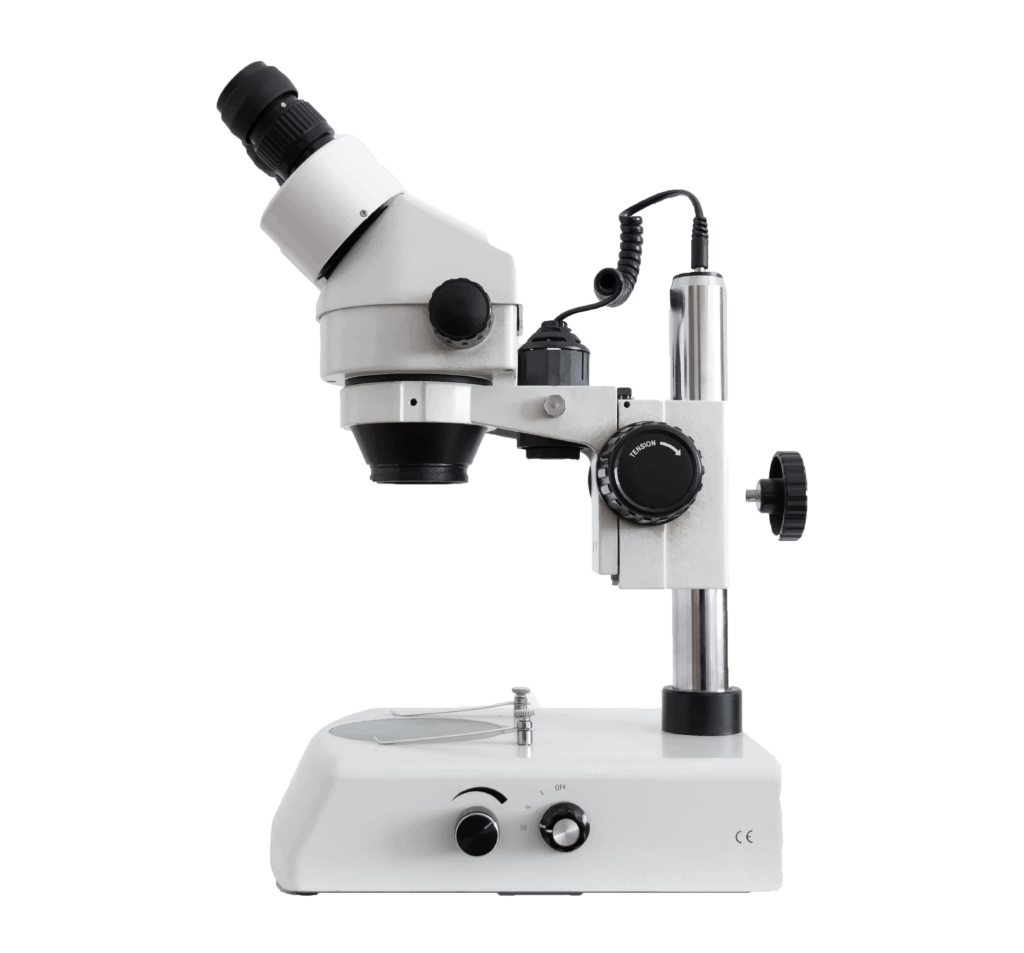
A Change for the Better
By Bob Gulla
April 2023

Let’s say you’ve come up with a product that changes the paradigm of a long-held scientific standard — something that saves time, uses fewer samples and increases efficiency. Success is in the bag, right?
Correlia Biosystem’s Akwasi Apori, and Co-Founders Kursad Araz and Samuel Tia (all of whom earned a Ph.D. in bioengineering at UC Berkeley/UCSF), thought that would be the case when they developed a protein measurement technology that is faster, more customizable and more affordable than ELISA (Enzyme-Linked Immunosorbent Assay), the legacy technology most labs currently use. But it can be challenging loosening the embrace ELISA has on the scientific community.
“We’re not creating a new market. We just have a better technology that will help to accelerate clinical trials and expedite drug development, and also utilize fewer lab animals.”
“We have had real success in making our argument,” says Akwasi, who’s been plugging away at this concept since his undergraduate days. “And it’s easy to show people the value we bring. We can demonstrate what the improved technology allows them to do: things that they can’t do with their existing tech. But getting scientists to trust us and displace something they’ve been using for decades — and adopt something new — has been our biggest hurdle.”
The rapid growth of protein-based biomedical research has resulted in a need to measure protein data in ways that are precise, repeatable and efficient. ELISA is often the opposite. It’s time-consuming and tedious and requires high starting sample volumes that can take up to four hours to process. For pharmaceutical companies looking to speed drugs to market, the delay can be problematic.
Correlia Biosystems is now focusing on how its technology can be used to reduce Big Pharma’s lab animal work, its cell-based research and clinical trial samples.

Akwasi’s group has accelerated improvements in the efficiency and accuracy of immunoassays by using microscale analysis and lab automation. Their platform, the Pixi Module, can do the same work in as little as 15 minutes, with less than 1uL (1 millionth of a liter) of the sample. “We’re actually not creating a new market,” says Akwasi. “We just have a better technology that will help to accelerate clinical trials and expedite drug development, and also utilize fewer lab animals.”
Correlia Biosystems is now focusing on how its technology can be used to reduce Big Pharma’s lab animal work, its cell-based research and clinical trial samples. “Since we reduce the number of blood or serum samples required by about 100 times,” Akwasi says, “we hit home on being more efficient for animal research. That is, we use fewer lab animals in the drug development period. That’s how we get in the door.”
Now that the scientific community is starting to listen, the team has the opportunity to scale up. “We’ve proven that there’s value. We now have a commercial product that’s scalable. So we feel really encouraged by what’s happening. Now it’s time to enter the marketplace,” Akwasi says. “We have a lot of experience doing research and development, and now it’s about commercial execution. We’re excited to take that on.”
